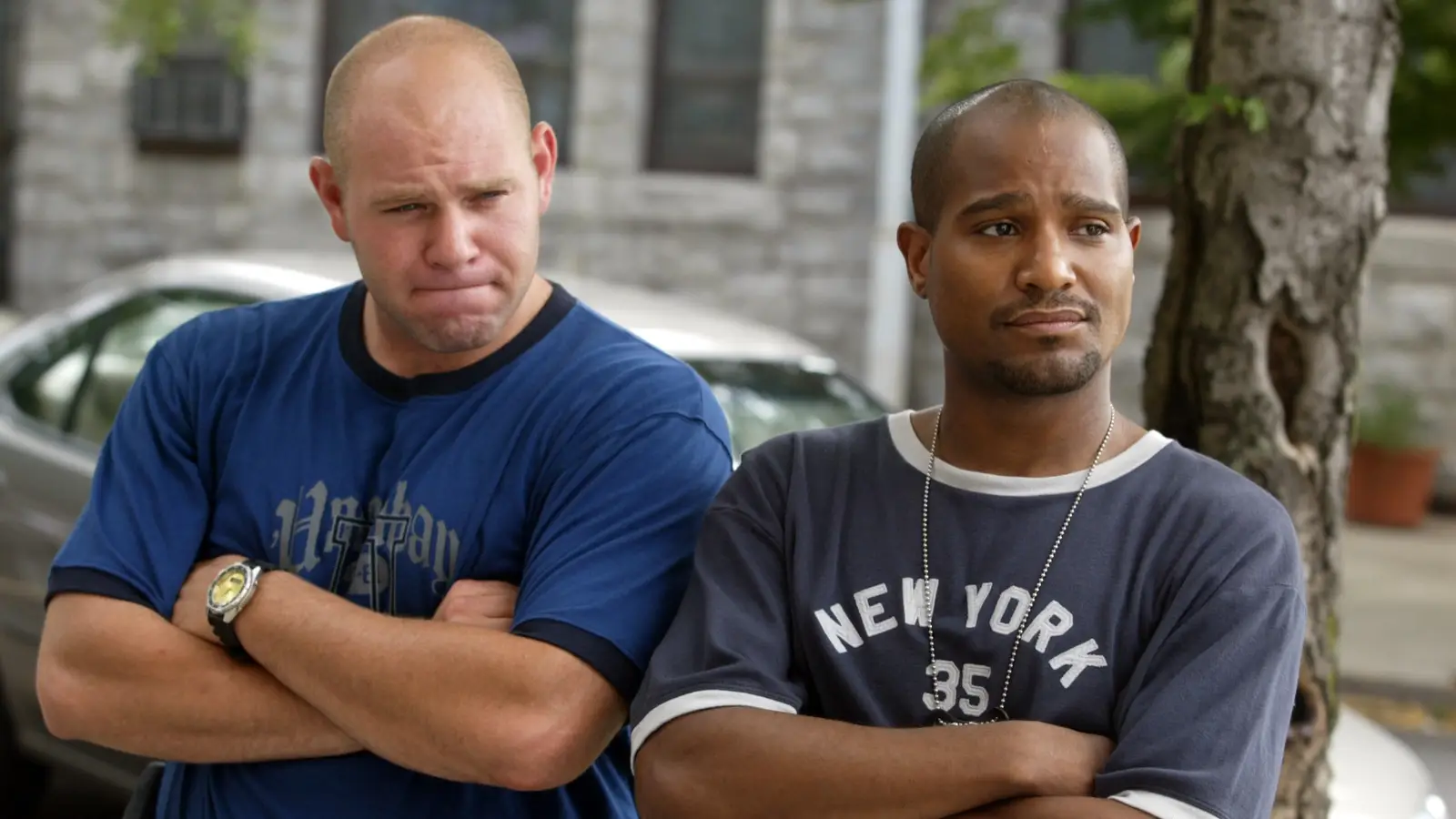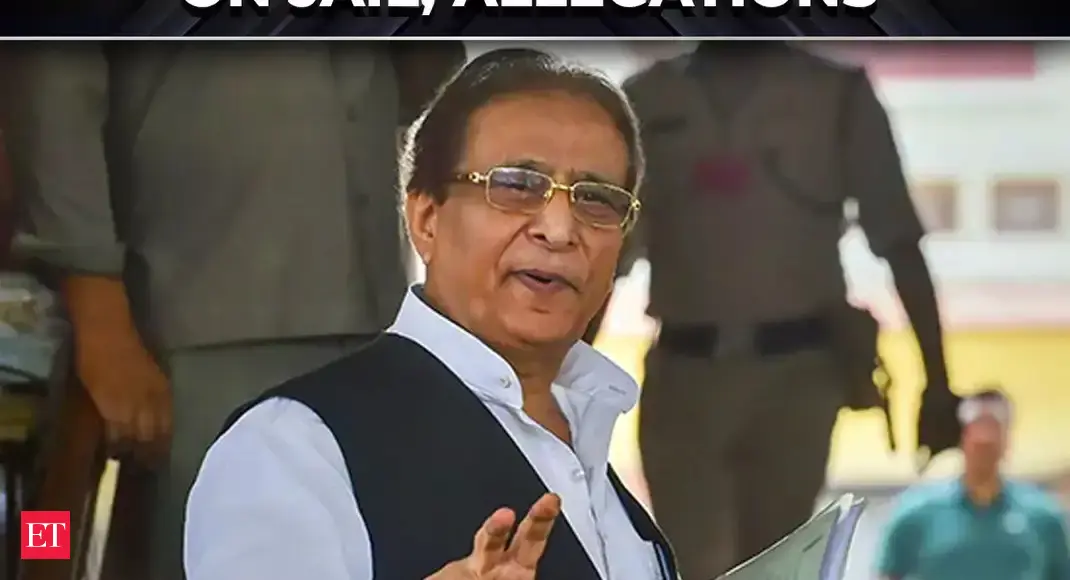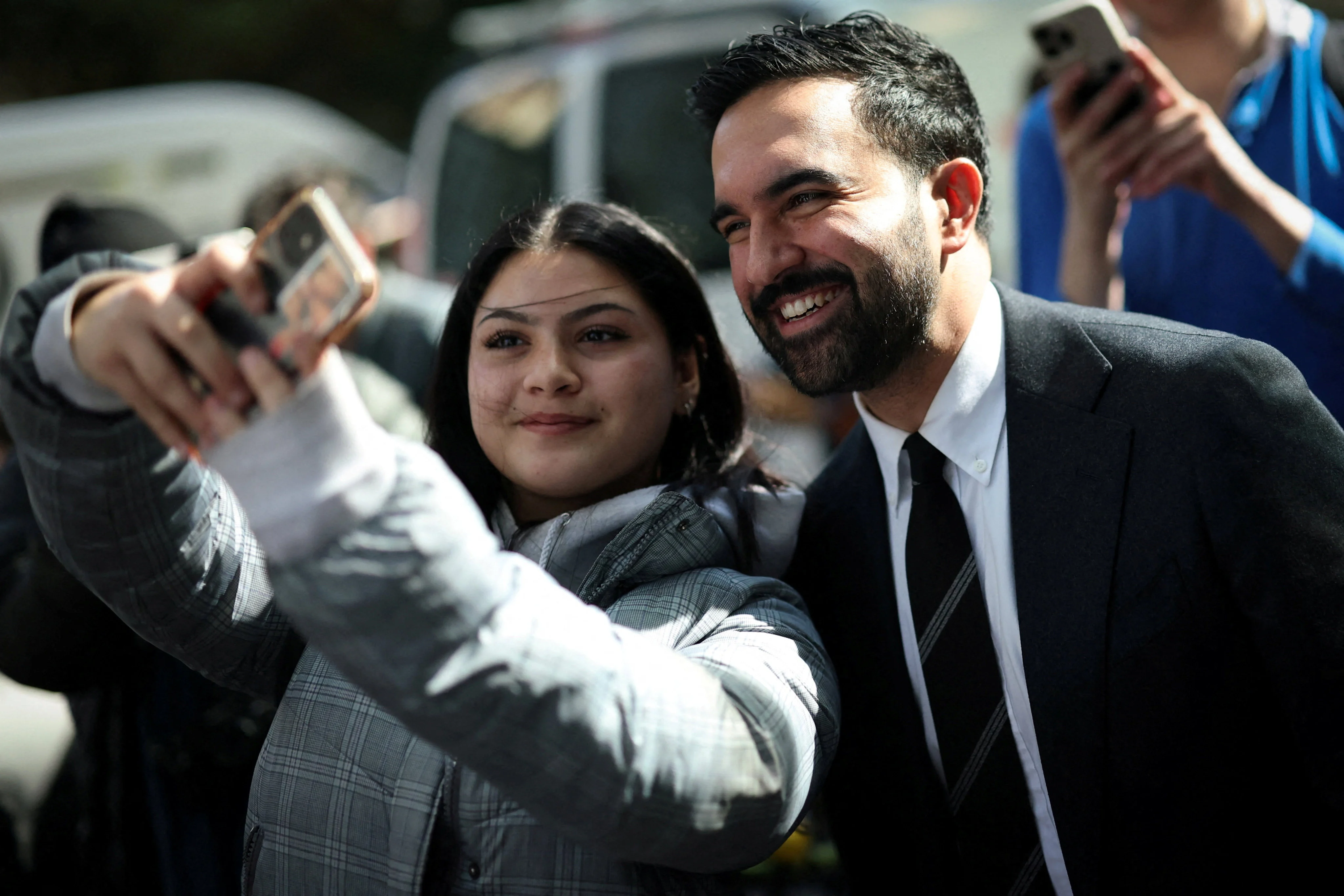Copyright Screen Rant

HBO's The Wire came out 23 years ago, but I've just watched it for the first time and I noticed these four big features of the acclaimed crime drama. Since it debuted in 2002, The Wire has gained almost universal acclaim and often features on lists of the best TV shows ever made. Still, I was just two years old when The Wire debuted, so I never got around to watching it until this year. There are a lot of things you're able to recognize about The Wire by watching it two decades after everyone else has. Without the lens of nostalgia to distort things, and with another 23 years of television, current events, and comparisons to draw from, The Wire is basically a different show. These are the four biggest realizations I've had about The Wire with that perspective in mind. The Wire Feels Completely Different From Modern Crime Shows The first thing I noticed about The Wire is how different it is. The crime drama genre has always been a hit, and it arguably got even more popular after The Wire ended in 2008. From Breaking Bad to Peaky Blinders to any other modern crime drama — no matter how good they are — none of them are even similar to The Wire. They all have similar subjects and themes, but none of them execute quite as well. For example, many crime dramas of the past two decades try to hook viewers right away. Breaking Bad starts with Walt standing in the desert with no pants and a gun. True Detective starts with a grisly occult murder scene. Dexter starts with Dexter murdering a pedophile. Modern crime shows try to wow their audiences into being invested right off the bat. The Wire, however, doesn't. In fact, the premiere of The Wire is fairly slow-paced. D'Angelo goes on trial, McNulty gets chewed out by Rawls, and a few political power plays start up the investigation into Avon Barksdale. The Wire didn't need to rely on flash or pomp and circumstance to get you hooked, it trusted that it could get you invested in the characters and the case on their own merits. To The Wire's credit, it succeeded brilliantly. I didn't even notice until a few episodes in, but I was utterly entranced by the show. There wasn't a single moment that made me want to watch the show; I just gave it a chance and the sum of its parts ended up blowing me away. It's written into The Wire's DNA: this is a show that doesn't pine for your attention, but rather earns it. That's not even mentioning the format of the series. As some have noted, The Wire is basically the Great American Novel of the 21st century. It doesn't even feel like television, it feels like some larger-than-life story while simultaneously feeling like a slice of life for inner city Baltimore. It's basically an anthology, the way each season changes topics and commentary. On its surface, The Wire seems like a fairly standard crime drama. The very instant you actually watch it, however, you realize that they broke the mold after making it. There's not a single part of The Wire, down to individual episodes, where it feels reminiscent of another show. I can't even say why it feels so unique, because there's a million things The Wire does that no other show even dares to. I Recognized So Many Actors In The Wire From Other Things Another thing I realized about The Wire specifically due to having watched it in 2025 is the sheer number of stars that show produced. You can't get through a single episode of The Wire without noticing an actor who's basically a household name at this point. Actors like Lance Reddick, Michael B. Jordan, and Idris Elba all got their big breaks on The Wire. It's not just superstars who had their first big role on The Wire, either. Some smaller but notable names like Domenick Lombardozzi, Seth Gilliam, Lawrence Gilliard Jr., David Constabile, Amy Ryan, and more all started out there. These are actors from The Wire I recognize from all manner of shows and movies, notably The Walking Dead, The Office, and Breaking Bad. At this point, it seems like The Wire was a factory where movie and TV stars were developed. There's something deeper to be said about The Wire's ability to create stars, too. I think it goes both ways: The Wire is at least partially as acclaimed as it was because of how many phenomenal actors it had, but it also likely made those actors as famous as they are. Would Idris Elba be the celebrity he is today if he never got a chance to show off the downright astounding acting skills he used to portray Stringer Bell? The Wire Is Still One Of The Grittiest Crime Dramas Ever Made Another advantage The Wire has over modern crime dramas is how intensely dark and gritty it is. Crime dramas, almost by definition, try to be as gritty as possible. They feature gruesome murders, exploitative drug trades, violent sexual assault, and all manner of dark and dreary subjects. In modern days, the genre has only gotten more dark and gritty, but they still don't compare to The Wire. Don't get me wrong, modern crime dramas are responsible for some truly dark moments. Howard Hamlin getting killed in Better Call Saul or the litany of real serial killers interviewed in Mind Hunter both spring to mind as uniquely twisted moments for the genre, and there are plenty of other examples. While modern crime shows can get gory and emotionally devastating, they're missing something The Wire had oozing out of every pore. The Wire rarely went for flashy, dramatic moments of grittiness. In fact, one of the grittiest parts of the show is how commonplace violence and death is. When Brandon was tortured to death, when Omar was killed, and countless other atrocities are just part of life in Baltimore. The Wire gives you the sense that these tragedies just happen, and that there's no meaning or drama involved, which is grittier than any TV deaths. Of course, there are more than a few overtly gritty and dramatic moments in The Wire. When Kima gets shot, when Dukie starts shooting heroin, and countless other character deaths all spring to mind. What makes The Wire's most tragic moments more gritty than other crime dramas is how much emotional weight they carry. You care about these characters, and none of them are truly villains, so seeing them get hurt, die, or get addicted hits you in the heart. Also adding to The Wire's unparalleled grittiness is its realism. There's always a layer of disbelief with shows, even ones based on real crimes. The Wire's layer of disbelief is razor-thin, however, and episodes often feel more like documentaries than scripted television. That, coupled with the way The Wire interrogated real world problems like politics, drugs, and the public school system, makes all the violence and tragedy in the show hit closer to home. It's also worth noting that The Wire is still just as relevant today as it was in 2002. All the societal issues the show gets into, from the death of the working class to the systemic issues inherent to police departments and low-income areas alike, are still problems America has. The Wire isn't a show about a vigilante serial killer or a genius meth cook, it's a show about the problems America can't solve, which makes it almost as gritty as real life. The Wire Is Basically The Blueprint For HBO’s Success The last major detail I noticed about The Wire is decidedly more meta, but I think it's still worth noting. The Wire wasn't HBO's first big hit in its "golden age," that was The Sopranos, which came out in 1999. Despite their many similarities in being shows about gangs, I believe The Wire is a better blueprint to explain how HBO has dominated prestige television for over two decades now. It's no secret that HBO is a powerhouse of great television. From The Sopranos to Boardwalk Empire and The Last of Us, HBO has seemingly cracked the code of making great, widely acclaimed TV. It seems like there's a new must-watch show from HBO every year. Many have tried to explain why HBO is such a dominant force in serialized television, but they needn't look further than The Wire. The Wire is a show without a protagonist. McNulty is closest the show gets, but he's virtually absent from season 4. The city of Baltimore, its structural and societal issues, and the organizations that vie for control and power, are the real main character. Everyone else is expendable, and they only serve to put a face to parts of that city and that society. It's an example of sociological rather than psychological storytelling. HBO, meanwhile, has built a brand off sociological storytelling. Game of Thrones is a story about Westeros, not about Ned Stark, while The Pitt is a story about the healthcare system, not Dr. Robby. Odds are, with most of HBO's best shows, they're following in The Wire's lead of telling a complex sociological story rather than a psychological one. It's what sets HBO apart from, say, Netflix or ABC. The Wire was also one of the earliest examples of prestige television. The Sopranos did it earlier, yes, but each episode of The Wire cemented the idea that HBO shows had the quality and production value of a movie. Now, HBO only makes prestige television, and the entire streaming industry has followed suit. Without The Wire turning prestige TV into a trend, The Sopranos would have been a one-off great show.



